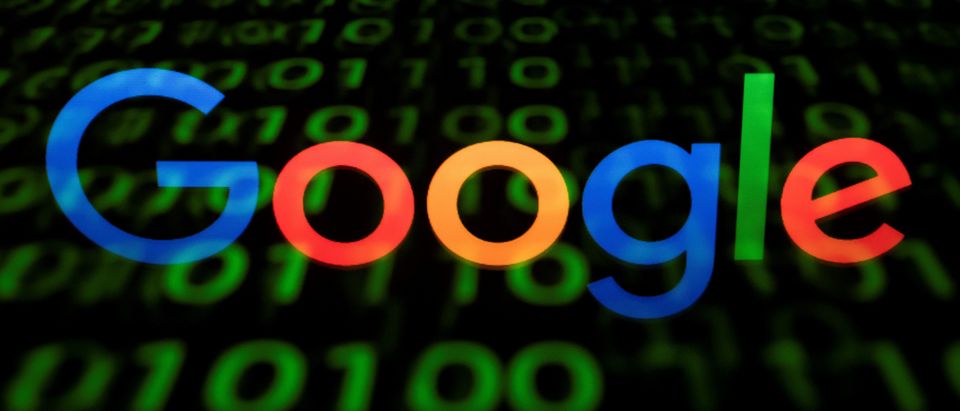America can and must do much better than a Wild West, winner-take-all, Internet law.
There is a bipartisan, popular Internet reset opportunity for Congress to restore a legal duty of care online to revitalize America’s civil society, competitive commerce and productive prosperity.
A restored duty of care to others would encourage a more responsible Internet that prevents the online harms to people and illegal activities that current Wild West Internet law perversely incentivizes by protecting Internet platforms from standard legal accountability.
A necessary precondition to a robust recovery and an economy that serves everyone is a more responsible Internet that promotes productive prosperity, not the disruptive disparity of America’s current winner-take-all Internet law.
Why does a Wild West Internet warrant a legal reset?
America is the only country that legally protects platforms from people, but not people from platforms.
That says it all.
America’s Wild West Internet law is disruptively one-sided in its myopic unbalance.
America’s modern Internet — where everyone everywhere conducts everything – now demands the responsible protection of every American and all their rights and freedoms.
However, the common Internet view has seen most everything related to the Internet as either free speech or censorship, but never as illegal or harmful conduct.
In practice, this means U.S. Internet law can and does disregard and disrespect people and their rights and freedoms as it perversely promotes a disruptive online culture of freedom without responsibility.
This current view is unreasonable because the legal standards for speech and conduct are substantially different.
Restoring a legal duty of care would restore the balanced approach of freedom with responsibility embedded in America’s Constitution, non-Internet law and its Golden Rule ethical foundation.
Internet platforms’ unwarranted and unearned intermediary impunity is a perverse consumer harm exception and unfair playing field that enables and incentivizes the most irresponsible of business models.
Internet platforms with impunity are incentivized to: disrupt industries and communities by conducting business in ways that are legally prohibited for everyone else; dehumanize people as rights-less, products and data that are for sale; polarize people and processes for profit; and dominate with unfair, fox-guards-henhouse business models.
Why does a Winner-Take-All Internet warrant a legal reset?
After the pandemic, disruptive disparity of winner-take-all Internet law is the second biggest drag on a robust recovery and the productive prosperity of an economy that serves everyone.
Today, three consumer gatekeeper monopsonies — Google, Facebook, and Amazon — together command special winner-take-all data advantages and market power to largely determine what consumers find and buy from whom.
From 2012-2019, those three Internet platforms disproportionately-grew revenues 341% (+$397b) and outgrew U. S. GDP by 956%.
Meanwhile the Fortune 500, minus Amazon, Google and Facebook’s revenues, disproportionately-grew only 15% and lagged U.S. GDP growth by 55% over the last eight years, per Fortune 500 and BEA statistics.
This means the market implicitly assumes that Google, Facebook and Amazon will more than double their current annualized $563 billion in collective annual revenues by an additional ~$700 billion in annualized revenues by mid-2024. This would largely come from cannibalizing disrupted competitors and industries which have always operated under a duty of care.
Individuals, competitors, companies, industries and governments “disrupted” by Internet platforms need to realize that much of their Internet “disruption” and losses of revenue, profit, value, employees and opportunity are not a result of free market competition or earned “disruptive innovation.”
They are the result of an unintended, disruptive government loophole and implicit subsidy that is unnecessary, unwarranted and unfair.
What must America do better legally?
An American Internet reset could protect the good in U.S. Internet law that benefits everyone, while fixing the bad that endangers everyone — by restoring a legal shared duty of care online — via amending the “Bad Samaritan” loophole in the “Good Samaritan” named part of U.S. Internet law in Section 230 of the 1996 Communications Decency Act.
The real-world effect of restoring a duty of care online would be to curb illicit Internet activity substantially, and to restore a fair playing field without regulating the Internet.
By design, it only would deter illicit conduct online, not legal online content.
Specifically, it would hold Internet platforms legally accountable for negligently, recklessly, or knowingly, failing to prevent illicit uses of their platform, if reasonable steps were not taken to curb such illicit activity.
Most Americans and American businesses have no idea that Internet platforms are the only American businesses that have no legal duty of care to deter harm to others and illegal activity online.
If they did know, the uproar would compel Congress to quickly fix the loophole that makes Google, Facebook and Amazon — the most powerful, least accountable companies in the world.
With that fair and long overdue legal reset to U.S. Internet law, Internet platforms would have the same legal responsibility to protect others from foreseeable harms and illegalities that every other American business has always had under the law.
In sum, America has gone from 1990s global Internet law leader to laggard today.
Since the Snowden leaks exposed the NSA’s global Internet surveillance in 2013, most countries legally reset their national Internets to be accountable to their sovereign laws and to protect their people.
America has yet to reset U.S. Internet law to protect people from platforms.
Congress must fix the unintended, “Bad Samaritan” Internet loophole that disruptively sows breakage, disorder, and the worst in America, by restoring a shared duty of care online that can constructively produce and protect the best in America.
Scott Cleland is President of Precursor®, a responsible Internet consultancy. He served as Deputy U.S. Coordinator for International Communications & Information Policy in the George H. W. Bush Administration; and Institutional Investor twice ranked him the #1 independent analyst in communications when he was an investment analyst.


